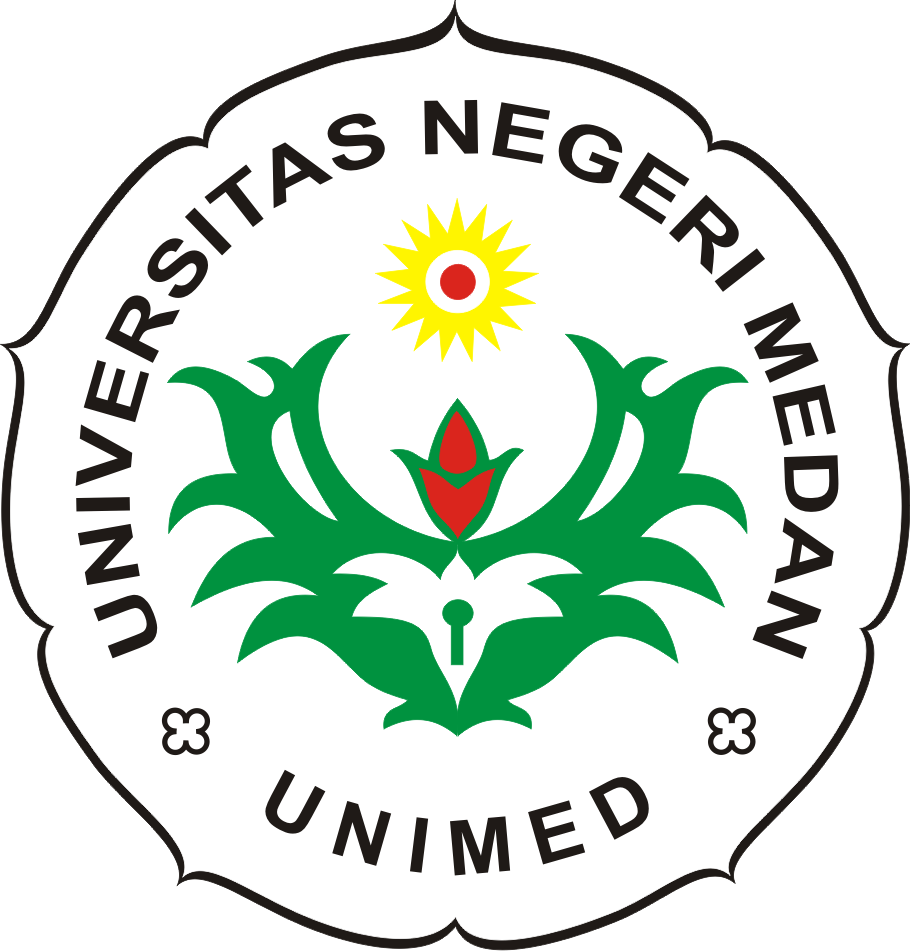STUDENTS™ METACOGNITIVE STRATEGY IN WRITING DESCRIPTIVE TEXT AT SENIOR HIGH SCHOOL
DOI:
https://doi.org/10.24114/reg.v11i1.35622Abstract
This study aims to analyze Students™ Metacognitive Strategy in Writing Descriptive Text at Senior High School. The objectives of the study were to investigate the aspects of metacognitive strategy that students of tenth grade Mas Plus Al-Ulum use in writing descriptive text. This study was conducted by using descriptive qualitative method. The data analyzed by O™malley and Chamot. This study found that were 3 aspects of metacognitive strategy namely, Planning ; Monitoring; and Evaluation. The findings showed that the planning become more dominant aspects that use by students. It can be seen from the observation and the questionaire that give by researcher. Total responses of planning classification were 23.2%. There were (5.8%) Advance Organizers, (3.6%) Directed Attention, (4.4%) Functional Planning, (2.7%) Selective attention, and (6.7%) Self Management. Therefore, total response of monitoring were 21.1%, and evaluation 11.1%.Keywords: Metacognitive Strategy, Writing Skill, Descriptive Text, Qualitative Research MethodologyDownloads
Published
Issue
Section
License
Copyright (c) 2022 Vebiona Frendi, Anni Holila Pulungan

This work is licensed under a Creative Commons Attribution-ShareAlike 4.0 International License.
Authors who publish with this journal agree with the following terms:
- Authors retain copyright and grant the journal right of first publication with the work simultaneously licensed under a Creative Commons Attribution License that allows others to share the work with an acknowledgment of the work's authorship and initial publication in this journal.
- Authors are able to enter into separate, additional contractual arrangements for the non-exclusive distribution of the journal's published version of the work (e.g., post it to an institutional repository or publish it in a book), with an acknowledgement of its initial publication in this journal.
- Authors are permitted and encouraged to post their work online (e.g., in institutional repositories or on their website) prior to and during the submission process, as it can lead to productive exchanges, as well as earlier and greater citation of published work (See The Effect of Open Access).
- This work is licensed under a Creative Commons Attribution-ShareAlike 4.0 International License.






